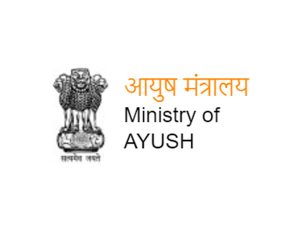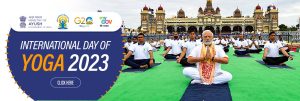Surgery :the healing art of Indian origin
9 min read
Sushrutha was the world’s first plastic surgeon. In fact, surgery started in India, a country which performed all modern surgical operations like Caesarean, cataract extraction, renal stone removal, brain surgery etc. The word ‘plastics’ in plastic surgery derives its name from the Greek word ‘plastika’ which means ‘to build up’. Sushrutha specialized in building up noses, known as Rhinoplasty. In those days, flashing of swords during a battle was common and people lost their noses easily during a fight. Then they would rush to Sushrutha for treatment. He would take strips of flesh from some part of the body and mend their noses with them. Occasionally a man would come to him with a split nose for treatment. Sushrutha would fashion a new lip for him. Such surgery was not available anywhere in the world for quite a few centuries except in India.
In the Mysore war of 1792, Tippu Sultan’s soldiers captured a Maratha cart driver called Cowasji, who was in the British army, as a prisoner of war and cut off his nose. A year later, a native Vaidya from Poona who practiced medicine according to Sushrutha reconstructed Cowasji’s nose in the presence of two British doctors –-Thomas Curso and James Hindlay. An illustrated account of this rare medical feat was published in the Madras Gazette which described the operation as ‘not uncommon in India and has been practiced in India from time immemorial’. In fact, this article was reproduced in the Gentleman magazine of London in issue dated October 1794.
From time immemorial Indian practice of Indian medicine and surgery always kept its motto as ‘Service to man is service to God’. This truth is corroborated by Ancient History of India wherein we see many kings and emperors who ruled the country having given utmost importance to medical treatment to the common man. According to the Girnar rock edict, Emperor Ashoka who ruled the country in the 3rd century B.C. is said to have constructed several big hospitals in the state, both for men and animals. . A century later, King Dutta Gamani is said to have listed among his good deeds the founding of 18 hospitals for the poor and needy. Treatment was equal and common to all the citizens without discrimination whatsoever. Ancient India considered practice of medicine and surgery as an adoration of God through service to humanity. This was the philosophy which it delivered and which acted as the healing touch.





